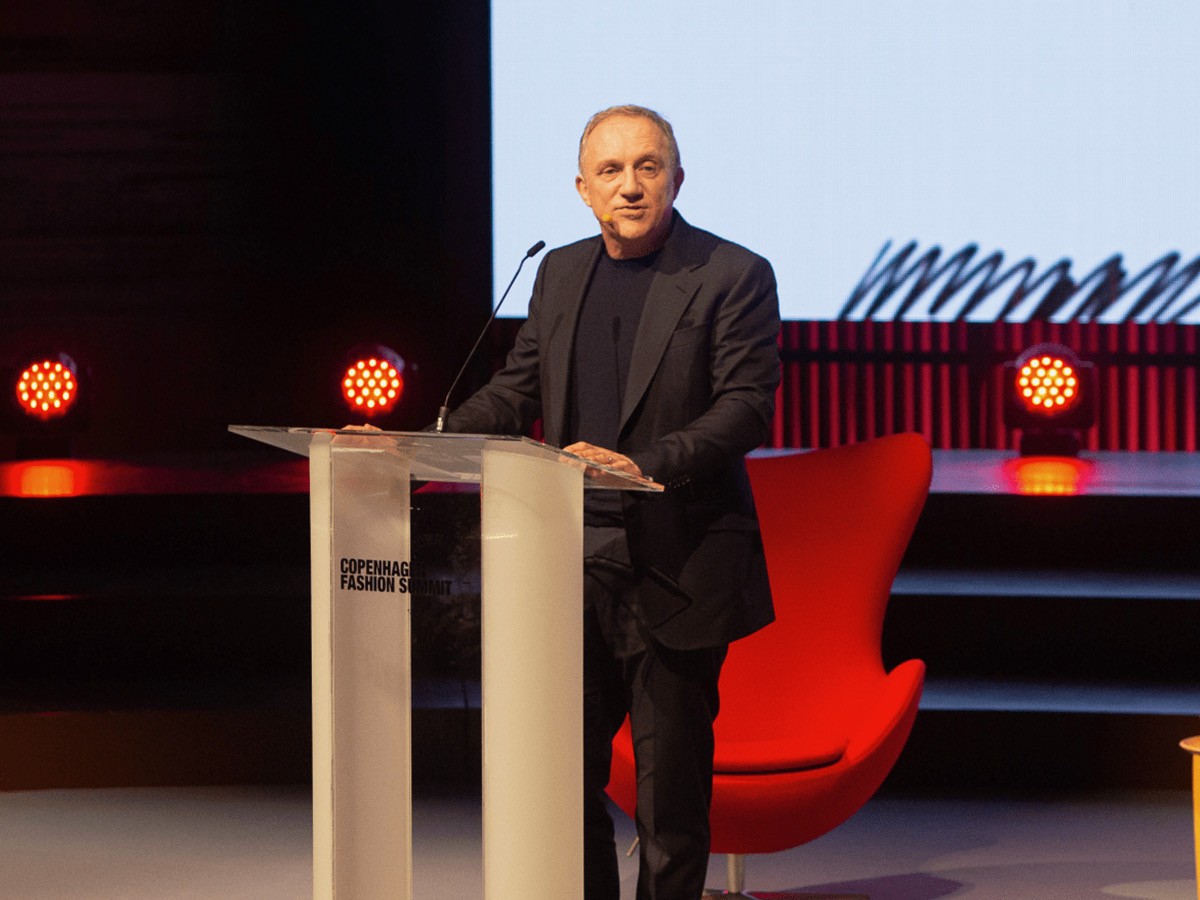Pre-used clothing retailer Vestiaire Collective recently concluded a €178 million financing round. Among the latest investors was France-based luxury conglomerate Kering: the owner of numerous luxury brands such as Gucci, Yves Saint Laurent, Balenciaga and Alexander McQueen. Kering acquired a 5 percent stake in the Paris-based resale clothing startup, valued at over $1 billion.
As part of the deal, Kering will also have a seat on Vestiaire’s board of directors. Other prominent investors in the deal include U.S based investment firm Tiger Global Management, Bpifrance and Eurazeo Group. The investment round suggests that even industry veterans like Kering feel that the pre-used luxury clothing and accessories market has a lot of potential. CEO of the Kering Group, Françoi-Henri Pinault elaborates:
‘Rather than ignoring [the trend], our wish is to seize this opportunity to enhance the value we offer our customers and influence the future of our industry towards more innovative and more sustainable practices’
Market for Pre-Owned Goods
While Kering only holds a minority stake in the company, having one of the world’s richest men on board is certainly expected to bode well for Vestiaire. In general, the pre-used goods market has seen massive growth in recent times, owing to a new generation of younger, more environmentally conscious customers. After the acquisition, Vestiaire joined an elite group of promising resale platforms backed by industry giants.
Switzerland’s Richemont recently acquired a stake in watch resale website Watchfinder, whereas U.S department store Neiman Marcus bought a minority stake in Fashionphile, an online pre-used clothing platform. These deals were finalised in 2018 and 2019 respectively, showing that investors saw value in the market even before its sales skyrocketed due to the coronavirus pandemic.
The current market for pre-used goods is worth a staggering $40 billion and is expected to keep growing at a compound annual rate of 15-20%.
About Vestiare Collective
Vestiaire Chief Executive Maximilian Bittner said that the funds raised in recent rounds would be used to expand to new markets and to hire more technology experts and programmers. While pre-used clothing items and accessories have been sold on the internet for a while now (on sites including eBay, Craigslist and even Instagram), Vestiaire seems to have gone the extra mile to stand out to consumers. Vestiaire hosts a large number of authentic luxury goods sold by people from over 50 countries. People from 70 countries are allowed to purchase these through the site.
The site also has a “Brand Approved” section where executives from luxury brands authenticate pre-used items manufactured by them before they’re put up for sale. If the sale is completed, the original owners of these goods are awarded store credit by the luxury brands. Kering’s Alexander McQueen was among the first brands that assisted Vestiaire with this facility.
Vestiaire is also interested in developing “Resale as a service” where brands will have pathways to assist customers with purchasing second-hand goods within their very stores.
The Broader Prospects for the Market
Separately, Kering’s biggest company Gucci is also partnering up with TheRealReal in the U.S to create a dedicated online store that will have both pre-used and first-hand Gucci products. While recycled/upcycled fashion makes up less than 2% of the current global fashion market, this whirlwind of major partnerships with luxury brands suggests that the market is about to witness unparalleled growth. Vestiaire claims that it increased its sales volume by over 100% in 2020.
As the new generation of consumers prefers more environmentally friendly options, luxury brands see this as an opportunity to establish control over a new market. The resale of luxury goods allows the consumers to get more value out of the purchase. At the same time, now that luxury brands are looking to get in the loop, they’re expected to get more revenue out of their products.
This win-win situation makes pre-used goods an exciting market. Backed by huge sales boosted by the coronavirus pandemic, the industry is expected to find its feet in the market within the next decade and fundamentally change the way we look at fashion.
Recommended for you

Antidepressant Prescribing at Six-Year High
More people are taking antidepressants than ever. Is this a dark sign of the times or an indication that mental health stigma is changing?

Can AI be Used to Determine Cancer Recurrence?
When cancer patients go into remission, they often worry about it coming back. AI can now help identify those at risk of cancer recurrence.

Pegasus – Still a Threat to the UK?
The notorious Pegasus spyware has been misused to exploit vulnerabilities in devices, even those kept within the walls of Number 10.
Trending

Drug Decriminalisation: Could the UK Follow Portugal?
Portugal’s drug decriminalisation has reduced drug deaths and made people feel safe seeking support. Would the UK ever follow suit?

Calling All Unvaccinated UK Adults
With Covid cases rising, the NHS is urging the 3 million UK adults who remain unvaccinated to come forward.




